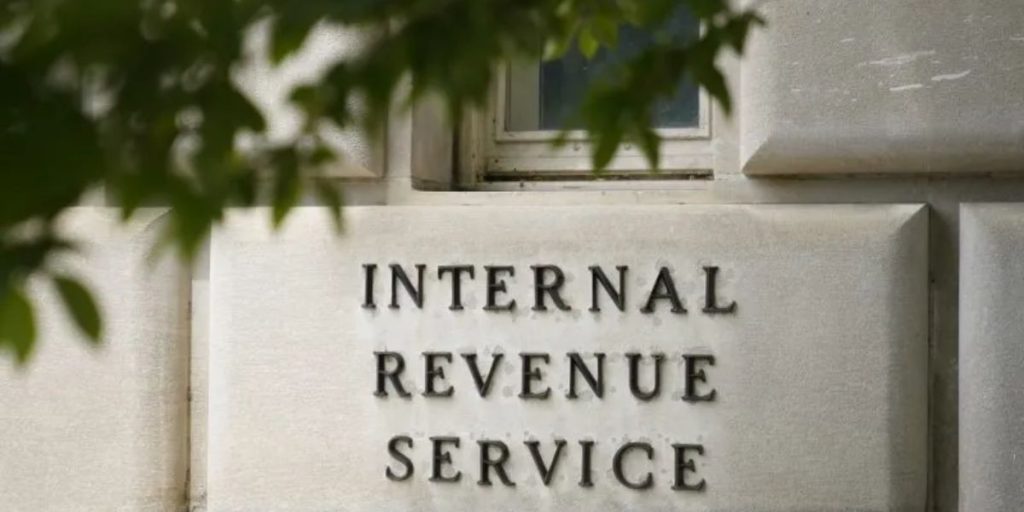The former Internal Revenue Service contractor who leaked former President Donald Trump’s tax returns to The New York Times, as well as billionaires Jeff Bezos and Elon Musk’s returns to ProPublica, was sentenced to five years in jail on Monday.
Charles Littlejohn pleaded guilty in October, and prosecutors sought the maximum penalty of five years in federal prison, claiming that he “abused his position by unlawfully disclosing thousands of Americans’ federal tax returns and other private financial information to multiple news organizations.” According to the prosecution, Littlejohn “weaponized his access to unmasked taxpayer data to further his own personal, political agenda, believing that he was above the law.”
Littlejohn was sentenced by U.S. District Judge Ana C. Reyes at a hearing at the federal court in Washington. He will also face a $5,000 fine.
“You can be an outstanding person and commit bad acts,” Reyes went on to say. “What you did in targeting the sitting president of the United States was an attack on our constitutional democracy,” she said.
Reyes compared Littlejohn’s acts to other recent attacks and threats against political officials, as well as the Jan. 6 offenders she sentenced. She described his acts as a calculated, intricate, multiyear illegal scheme, but she believed he “sincerely felt a moral imperative” to behave in that manner.

Littlejohn’s lawyer claimed that he committed the violation “out of a deep, moral belief that the American people had a right to know the information and that sharing it was the only way to effect change” and that he believed he was correct at the time.
While Littlejohn’s actions were “inexcusable,” according to his attorney, and “breached the trust placed in him by the United States government and violated the privacy of thousands of taxpayers,” a “strong message of general deterrence” had already been given to the public.
Littlejohn, 38, who grew up in St. Louis, Missouri, spoke briefly to the court before getting his sentence, saying he “acted out of a sincere but misguided belief that I was serving the public.”
Littlejohn said that taxpayers deserved to know how easy it was for the rich to avoid paying into the system, and he believes that when Americans are adequately educated, they make the best judgments.
“I made my decision with the full knowledge that I would likely end up in a courtroom,” he told reporters.